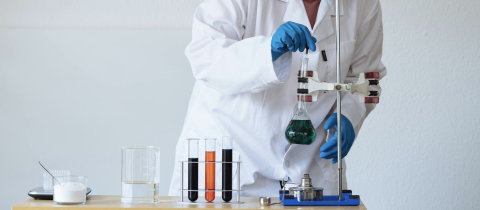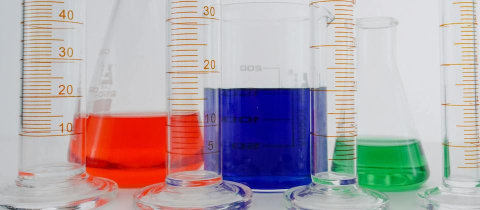I wonder if Ms. Hari would ever consider taking aspirin. If she found out that it is made from petroleum, probably not. For some reason she considers petroleum to be a substance that comes from hell. It is a common misconception that aspirin is produced from the bark of the willow tree. In fact, the starting material for the chemical synthesis of aspirin is benzene, derived from petroleum. This is then converted to phenol which in turn is converted to salicylic acid which is then converted to acetylsalicylic acid or ASA, which we know as aspirin.
While aspirin is not made from willow bark, there is a connection. The bark of the white willow contains salicin, a chemical that, like aspirin, has an effect on pain, fever, inflammation and blood clotting. The Ebers papyrus, an Egyptian medical text dating back to the sixteenth century BC describes the use of the bark of the willow tree to treat pain, fever and conditions that today we would describe as inflammatory. In the fifth century BC, Hippocrates recommended willow bark preparations to reduce fever and ease the pain of childbirth.
But the problem with willow bark extracts is that the active ingredient they generated on ingestion, salicylic acid, irritates the stomach, often causing ulcers. It was the search for a modified form of salicylic acid that eventually led Felix Hoffman, working for the German pharmaceutical company, Bayer, to come up with acetylsalicylic acid. It was a great improvement over willow bark extract because it caused much less stomach irritation, and since it was a pure compound, dosages could be properly controlled. Curiously, willow bark extract is now sold in health food stores as a “natural alternative” to aspirin. Ms. Hari might prefer it since it is “natural” and not made from petroleum. As for me, the “natural is better” fallacy gives me a headache. But I know what to take for it. Synthetic acetylsalicylic acid.







